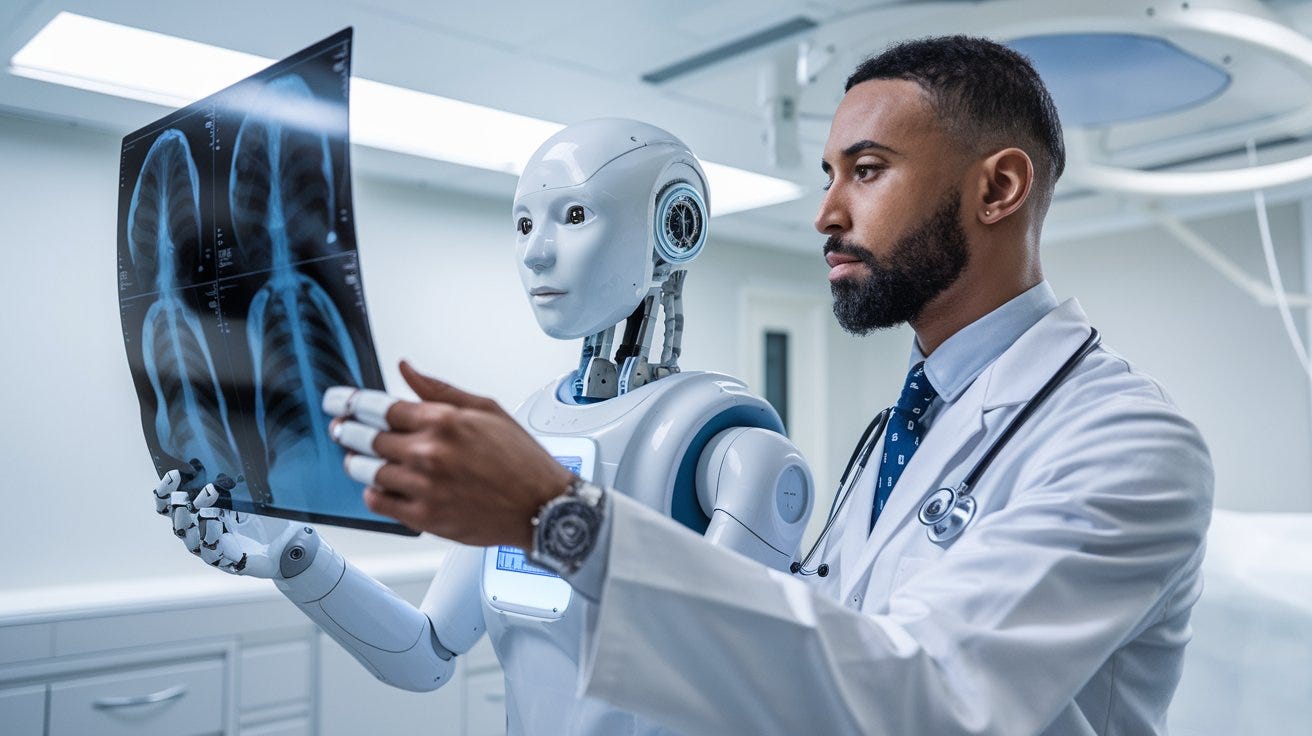Pediatric healthcare is rapidly evolving, and Artificial Intelligence (AI) is playing a pivotal role in transforming how doctors diagnose and care for children. From early detection of diseases to personalized treatment plans, AI technologies are revolutionizing pediatric medicine by making it more precise, efficient, and accessible. This innovation is not only improving health outcomes but also easing the burden on healthcare providers and families alike.
Why AI Matters in Pediatric Care
Children have unique healthcare needs that differ significantly from adults. Diagnosing pediatric conditions often requires careful analysis of subtle symptoms, growth patterns, and developmental milestones. AI helps by analyzing large amounts of data quickly and accurately, providing pediatricians with valuable insights that can lead to faster, more reliable diagnoses.
How AI is Enhancing Pediatric Diagnosis
1. Early Disease Detection
AI algorithms can analyze medical imaging, such as X-rays and MRIs, with high accuracy to detect abnormalities like congenital heart defects, pneumonia, or tumors at an early stage. This capability allows doctors to intervene sooner, improving prognosis and reducing complications.
2. Predictive Analytics
By processing historical patient data, AI can predict the risk of chronic conditions such as asthma or diabetes in children. This proactive approach enables healthcare providers to implement preventive strategies and personalized monitoring plans.
3. Symptom Assessment and Triage
AI-powered chatbots and virtual assistants help parents assess their child’s symptoms at home. These tools provide recommendations on whether to seek emergency care, schedule a doctor’s visit, or manage symptoms at home, improving timely access to care.
AI-Driven Personalized Treatment Plans
Every child is unique, and AI helps tailor treatment plans based on individual genetics, lifestyle, and response to therapy. This personalized approach enhances treatment effectiveness and minimizes side effects.
- Medication Management: AI helps determine optimal dosages and predicts potential adverse reactions in pediatric patients.
- Therapy Optimization: AI monitors progress and suggests adjustments in therapies for chronic conditions like ADHD or epilepsy.
Benefits of AI in Pediatric Care
- Improved Diagnostic Accuracy: AI reduces human error and assists in complex decision-making.
- Faster Results: Automated data processing speeds up diagnosis and treatment.
- Enhanced Access: Telehealth powered by AI connects families in remote areas with pediatric specialists.
- Better Resource Allocation: AI helps hospitals prioritize urgent cases and manage workloads efficiently.
- Empowered Parents: AI tools provide education and support to caregivers, fostering better child health management.
Challenges and Ethical Considerations
While AI offers immense potential, it’s essential to address challenges such as data privacy, algorithm biases, and ensuring AI complements rather than replaces human judgment. Pediatric AI applications must be designed with safety, transparency, and inclusivity in mind.
The Future of AI in Pediatric Healthcare
The future promises even greater integration of AI with technologies like genomics, wearable devices, and robotics to offer holistic, real-time pediatric care. Collaborative efforts among healthcare providers, AI developers, and policymakers will be vital to maximize benefits and ensure equitable access.
Conclusion
AI is transforming pediatric diagnosis and care by providing accurate, personalized, and timely health insights. This technology not only enhances the quality of care but also empowers families and clinicians to make better decisions for children’s health. As AI continues to advance, it will play a crucial role in shaping the future of pediatric medicine—making healthcare smarter, safer, and more compassionate.


Leave a Reply